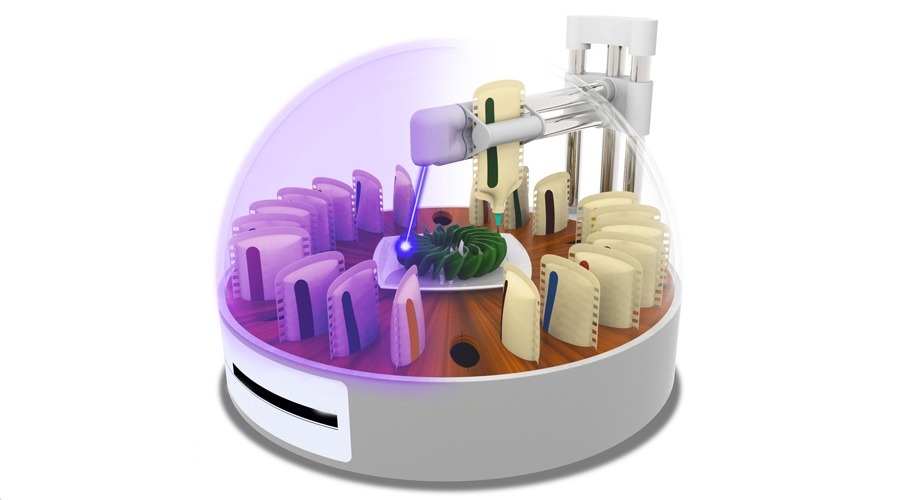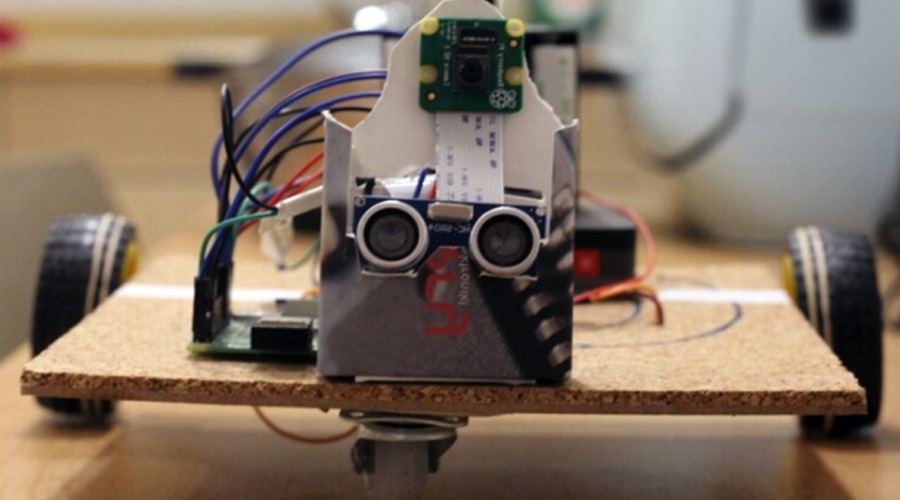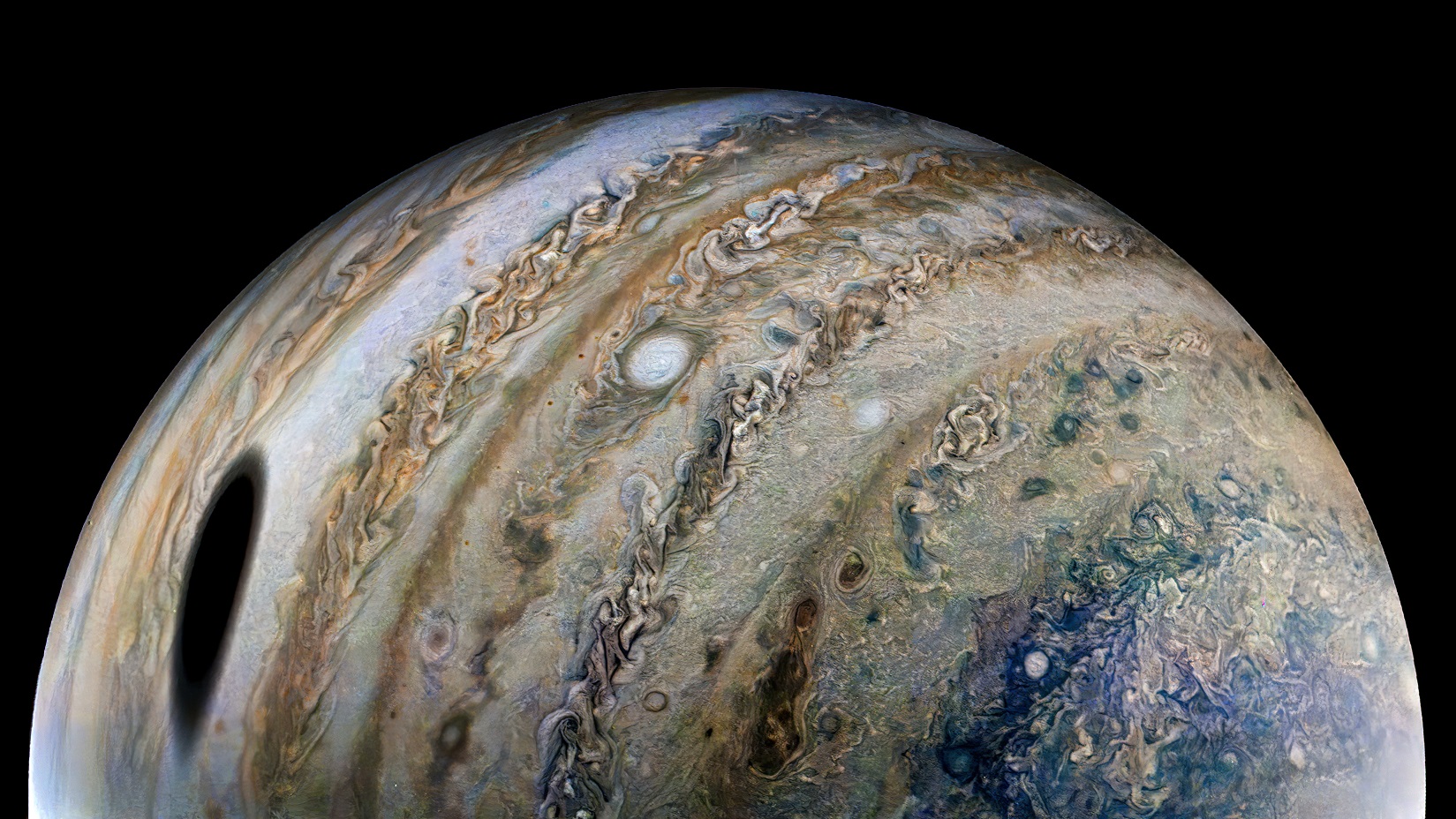In a bold move to embrace the rapidly evolving world of robotics and artificial intelligence, Russia has taken a pioneering step by developing a comprehensive law to regulate the activities and circulation of robots within its borders. This groundbreaking legislation, dubbed the "Robot Law," aims to establish a framework that balances the profound potential of robotic technology with the paramount need for public safety and national security.
At the heart of the Robot Law lies the definition of "robot" itself, characterized as a product of digital advancements consisting of two or more components controlled by a computer program. This definition encompasses both pre-programmed robots and those capable of autonomous problem-solving, underscoring the law's forward-thinking approach.
One of the key provisions of the Robot Law is the establishment of hazard classes for robots, ranging from high to non-hazardous, based on their potential risk. Robots classified as sources of increased danger, such as those capable of making independent decisions regarding the use of weapons, will be subject to stringent regulations and potential bans on circulation.
To further safeguard the public, the law proposes the creation of a state cadastre, a comprehensive registry of robot models and components approved for circulation within Russia. Additionally, a state register of entities engaged in the turnover of robots and their modules will be established, ensuring transparency and accountability across the industry.
Recognizing the importance of fostering innovation, the Robot Law also outlines provisions for government support in the form of tax incentives, subsidies, grants, and loans for legal entities and entrepreneurs operating in the robotics field. This support extends to various areas, including educational services, information support, demand generation, export assistance, and infrastructure development.
Moreover, the law distinguishes between civil and service robots, with the former pursuing private interests and the latter serving state and societal interests. This distinction underscores the multifaceted nature of robotic applications and the need for a tailored regulatory approach.
As the world continues to embrace the transformative potential of robotics and artificial intelligence, Russia's pioneering Robot Law represents a significant step towards establishing a comprehensive legal framework for this rapidly evolving field. By addressing issues of safety, security, and innovation, this legislation paves the way for responsible and sustainable robotic development, positioning Russia as a forward-thinking leader in the global robotics landscape.


















